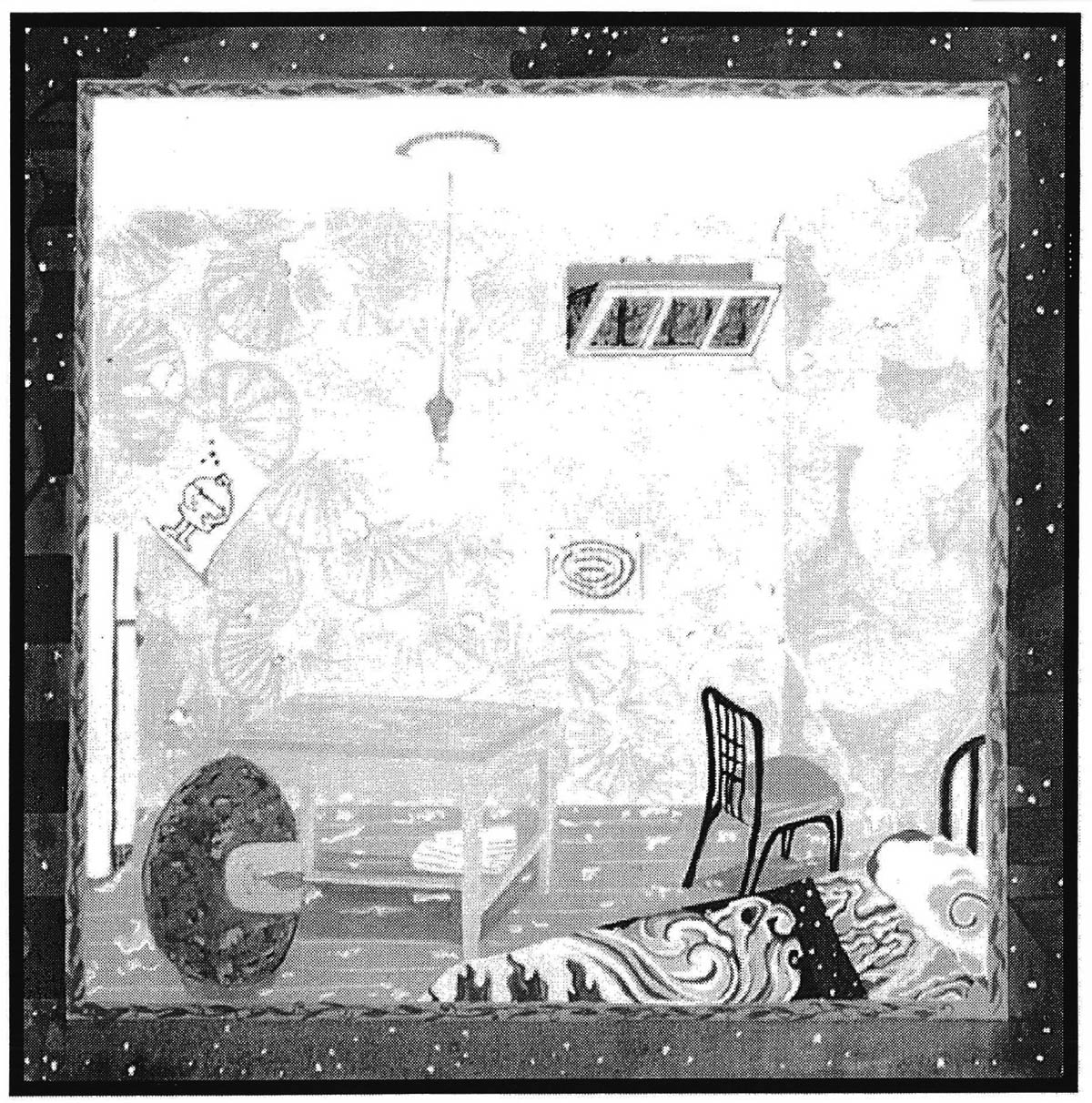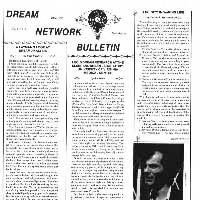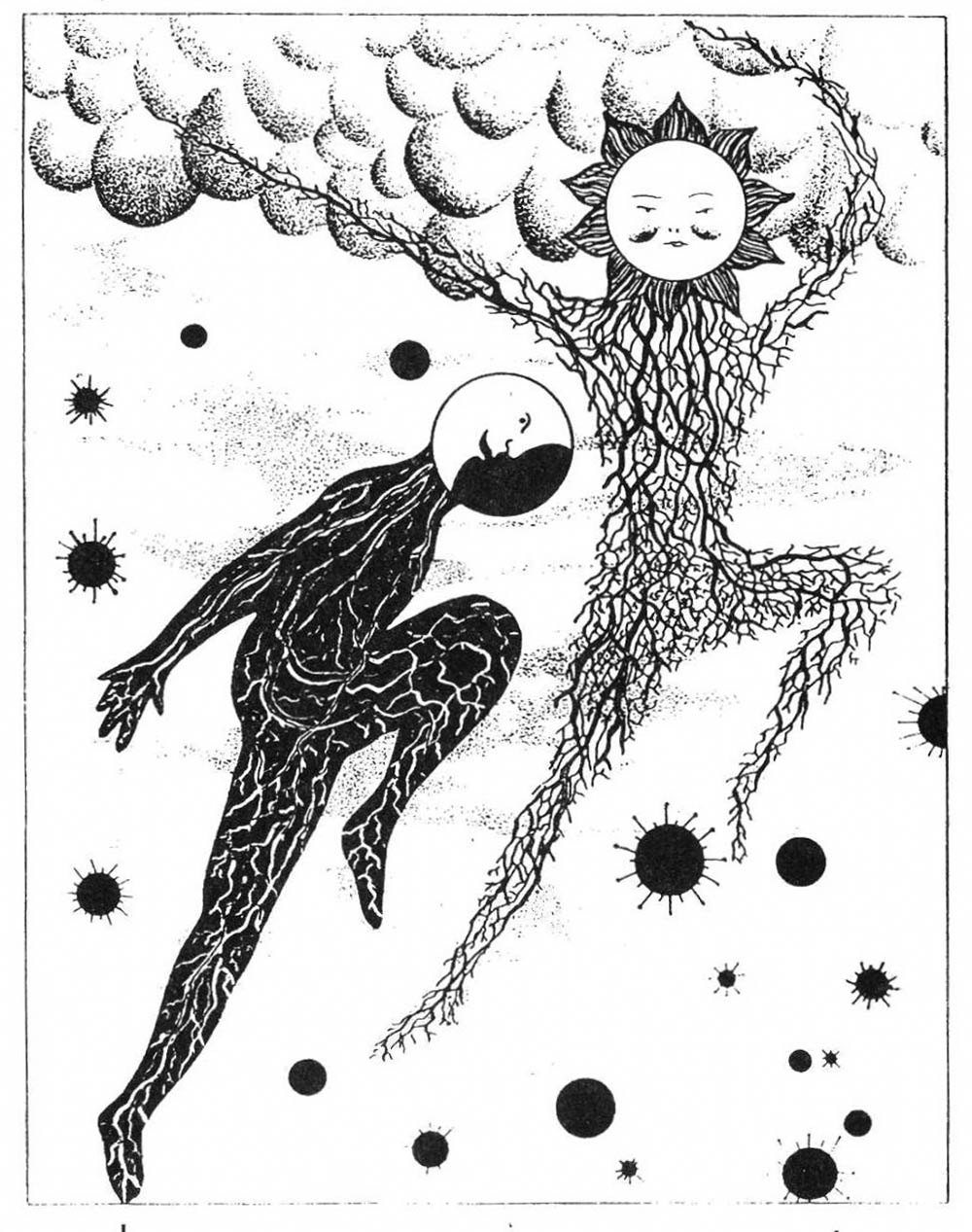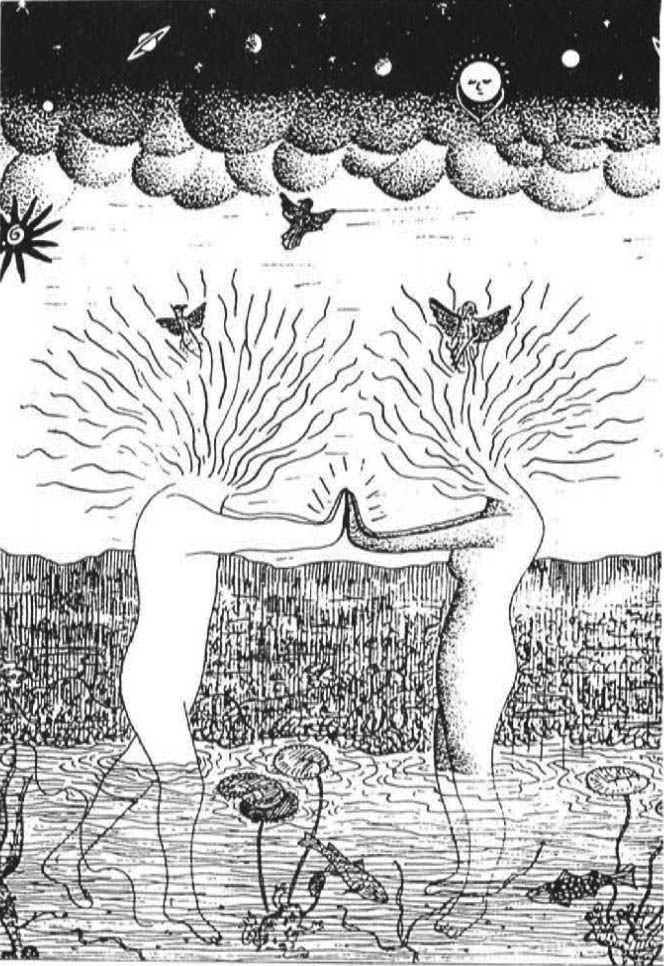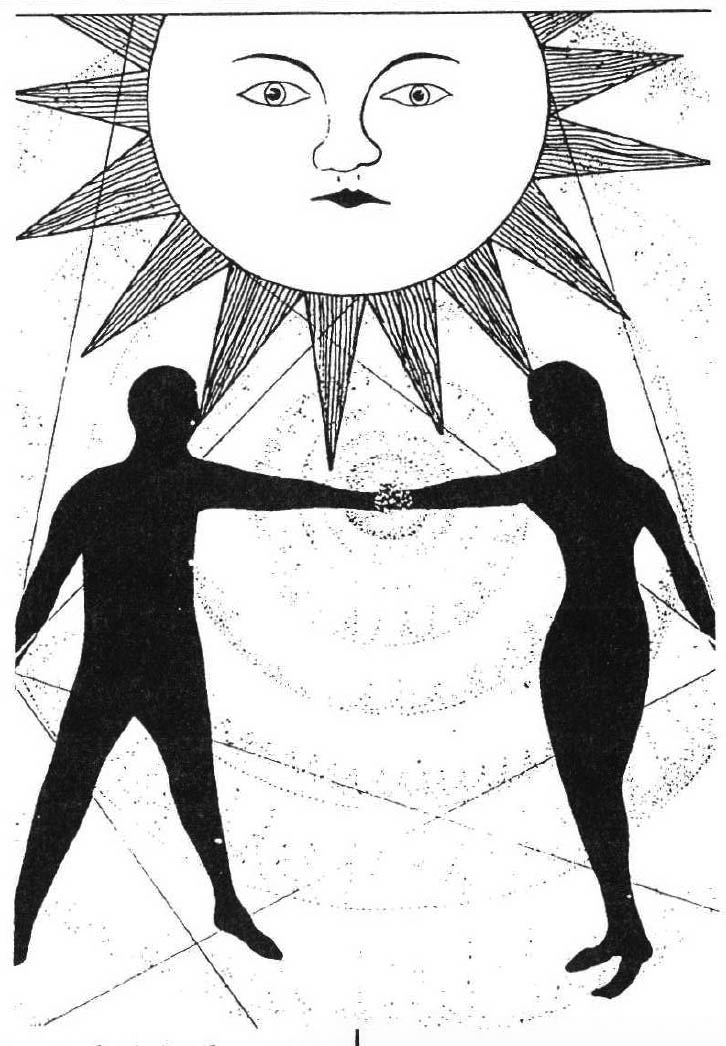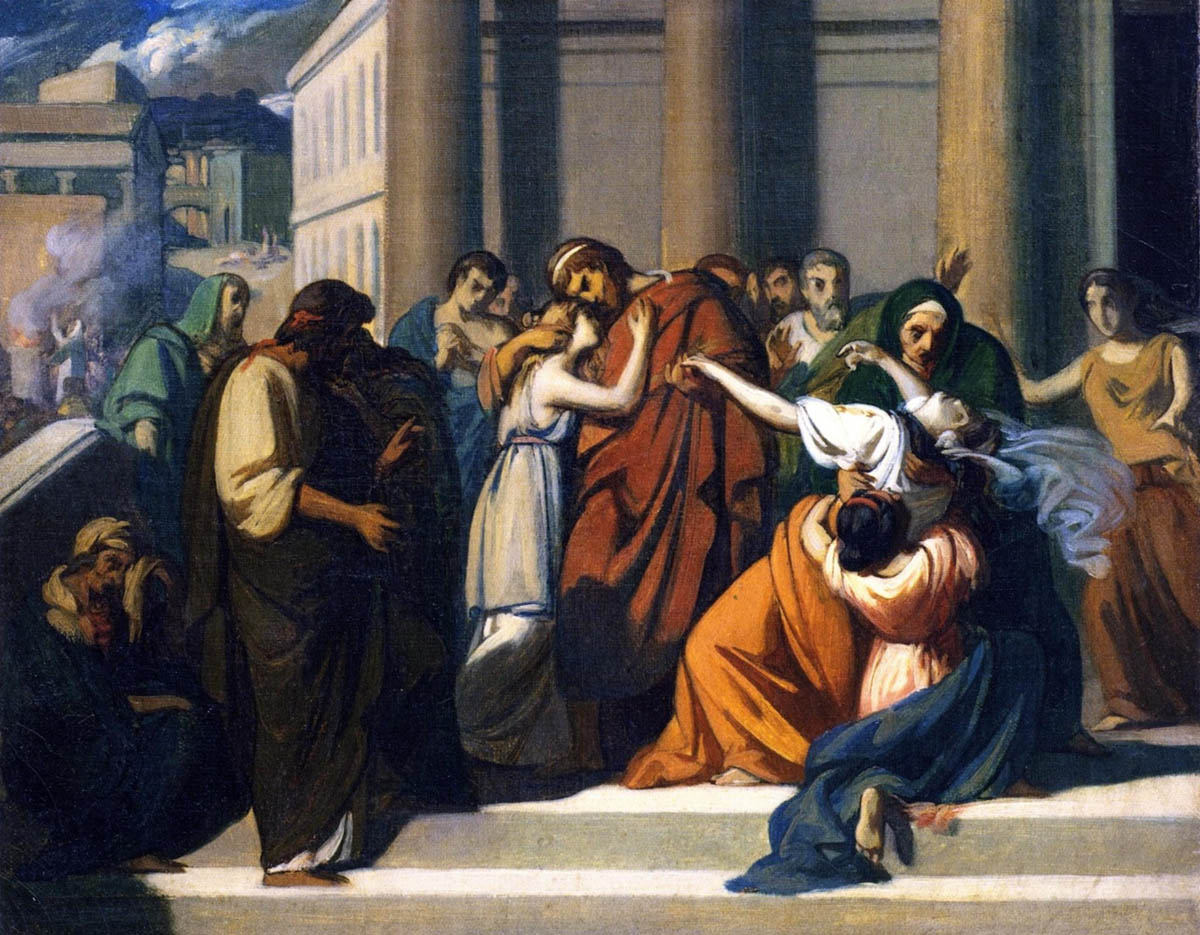
Dreaming of incest can be alarming. Engaged in an intimate relationship with a parent, a sibling, an uncle, aunt or cousin... our waking consciousness often reacts with feelings of disgust, guilt and shame. Looking at incest globally, we find that all cultures forbid it. Through religious ceremonies or social customs, some societies employ the help of family members to make sure the individual stays within acceptable bounds, keeping the taboo and its fantasies in the forefront of consciousness. In our Western culture, however, the responsibility to control one's incestual thoughts rests with each of us. Incest is rarely discussed. We're implicitly taught to keep these forbidden thoughts outside of our awareness, often short-circuiting normal sexual fantasies and dividing love and sex. No wonder dreams can be loaded with images of this archetypal taboo!
Mythologically speaking, these [incestuous] sexual encounters may symbolize our psyche's restrained consciousness, transcending our too narrow limits. In Greek religion-the precursor to our Western beliefs-example after example of incestuous relationships come to the forefront. Zeus tricks his sister, Hera, into marriage; Aphrodite causes Smyrna to fall in love with and make love to her father; perhaps the most popular incest myth is the tale of Oedipus, the foundation of Sigmund Freud's psychological theory: the son's secret desire to murder his father and marry his mother. Oedipus, who is raised by a neighboring king and queen, learns from an oracle that he will murder his father and marry his mother.
Unaware that the woman and man who raised him are not the parents who conceived him, he flees his home on horseback to avoid this horrible fate, promising never to return. At a crossroads, he encounters Laius, King of Thebes (unbeknownst to Oedipus, Laius is his father) who pulls his sword and orders Oedipus to make way for the king. Oedipus refuses. Laius kills one of Oedipus's horses and in retaliation Oedipus slays his father.
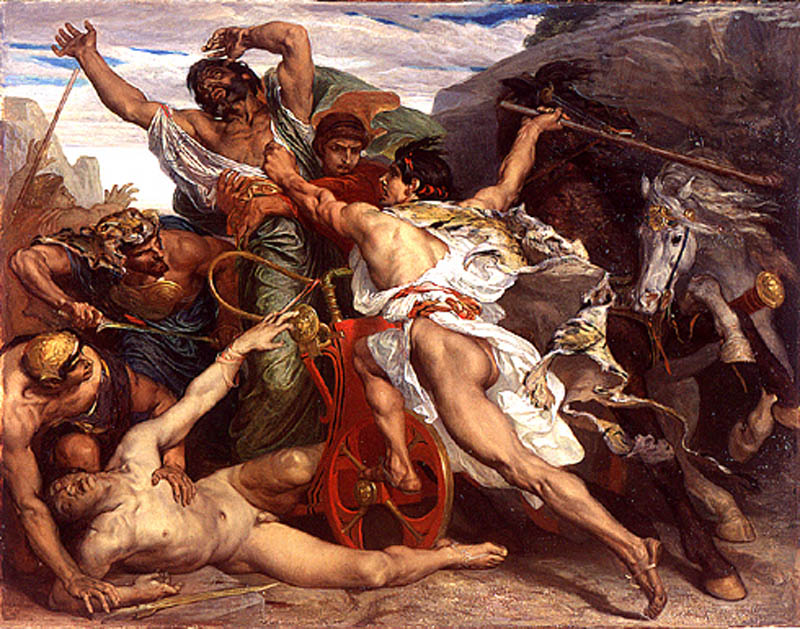
When Oedipus arrives in Thebes, he is granted the hand of Laius's widow, Jocasta, for answering the riddle of the devouring Sphinx... a feat no one until now has been able to accomplish. Their marriage makes Oedipus King of Thebes, and the prophesied union of husband-son/wife-mother is fulfilled. Years later, the truth is finally learned that Oedipus has murdered his father, Laius, and that his beloved wife Jocasta, is indeed his mother. In his shock and grief, Oedipus runs through the palace in a state of rage, finally finding his way to Jocasta's locked bedroom door. He kicks the door open only to find her limp body hanging from a noose, suicide the only relief for her grief. Oedipus takes her body down, places it on the floor, removes the gold brooch from her dress and gouges out his eyes, shouting that now he will no longer have to look upon his shame. The new king exiles Oedipus and his daughters, Antigone and Ismene, from Thebes.
Incest is the central focus of Sophocles' play, Oedipus the King. Symbolically, Laius and Oedipus are one and the same character: Laius the older ruler; Oedipus, the younger. Mythologically, the killing of Laius represents the incorporation of the old man's power and authority into the younger. In other words, the outer presence of Laius moves inward. Son-husband replaces father-husband suggesting a psychological shift. The new replaces the old. To us, this might be demonstrated by a son, terrified by his father's authority, who 'kills' his father by taking a firm position against him, establishing his own way in the world... a different path, perhaps, than the father has chosen.
Mythically, a tale, as well as a dream, can be interpreted backward and forward. In other words, it can be read as if it is happening all at once. Therefore, the incorporation of the mature masculine prepares Oedipus for marriage to the feminine, his mother, Jocasta, a woman whom he has never known but who, like Laius, is part of himself. Here, the words masculine and feminine take on specific and opposite psychological characteristics. The masculine represents those traits most valued by modern society: independence, clarity, aggression, exclusiveness, logic; contrarily, the feminine represents dependence, ambiguity, passivity, inclusiveness, illogic. Embodying both feminine and masculine principles is necessary for psychological wholeness in men and women. But because Western culture represses the feminine principle, it remains hidden within our unconscious.
This relationship between wife-mother and husband-son signifies a psychological marriage of masculine and feminine, a union that the soul seeks. Jocasta's suicide-another killing-suggests that Oedipus's consciousness-in the process incorporating his feminine side-has absorbed the feminine characteristics of Jocasta. Mythologically, like Laius, Oedipus has psychically incorporated her presence. And it's the incorporation of her feminine spirit that not only blinds Oedipus, it exiles him from Thebes. His old way of being in the world will no longer serve him. Blinded and stripped of his kingship (his one-sided, masculine way in the world) he leaves home, dependent upon his daughters, Antigone and Ismene (younger representations of the feminine).
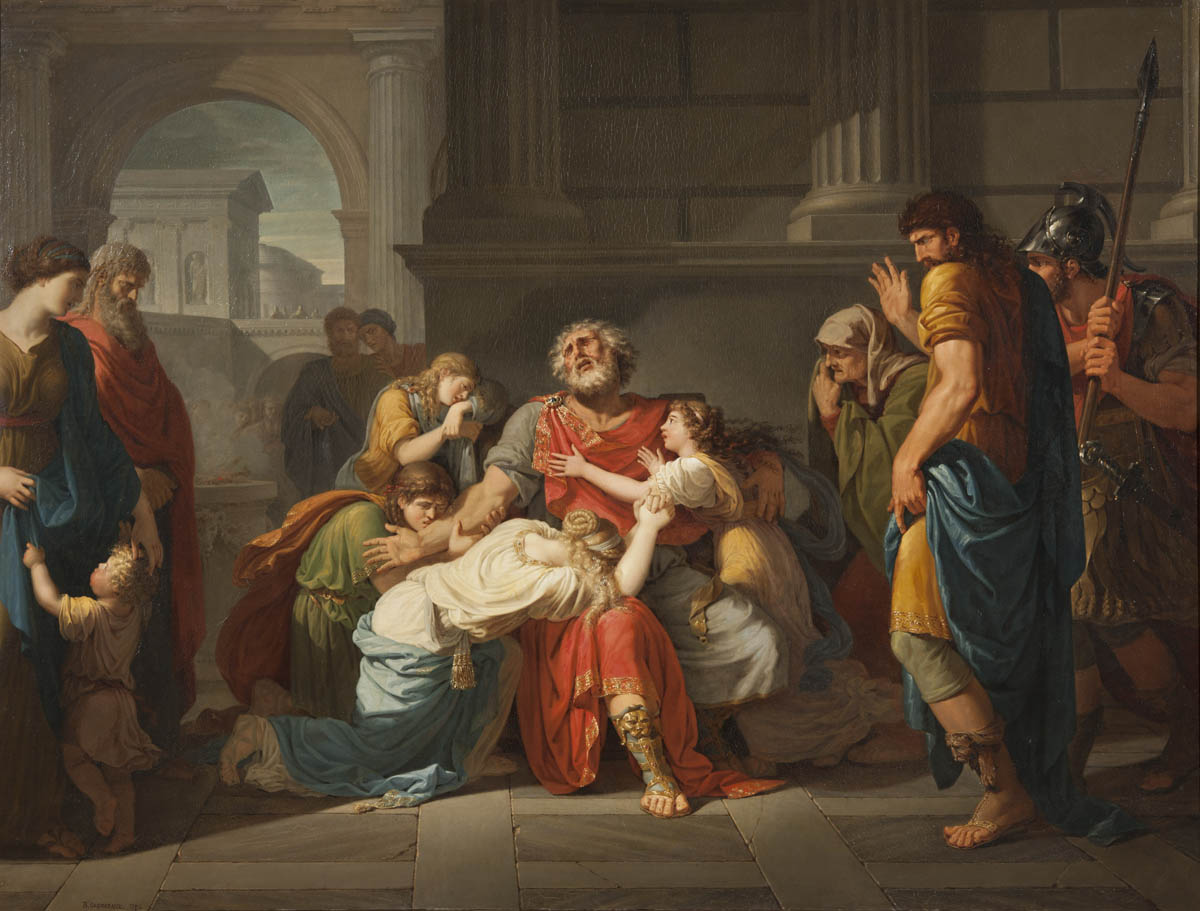
If we consider that the myth happens simultaneously, the psychological incorporation of the masculine gives Oedipus the ability to unite, or bring to consciousness, a part of his feminine psyche. Masculine and feminine marry and give Oedipus the strength to endure the pain of his truth: the blending of his masculine, monarch-like characteristics with his feminine, supportive and reflective characteristics... forcing him to find a different way in the world. Thebes no longer offers him the container necessary for growth. His psyche, his soul, now searches for a new initiation with a deeper part of the Self, desiring to know more fully its truth, represented by Antigone and Ismene.
When we dream of incest, it is important that we view the scene symbolically, temporarily suspending any possible fears of a repressed childhood memory... at least initially. Questions like, "Who is penetrating me?" "Who am I penetrating?" "Who do these dream characters symbolize and how are their characteristics manifesting in my life?"... often bring a different and deeper perspective. It is important to realize that by the time we dream of incest, our psyche is already in an incestual state, or in the archetype of incest, suggesting that the dream may be reflecting our soul's quest for wholeness. The scene may show that indeed we have metaphorically violated the too narrow rules of our Western civilization, a violation that initiates the soul's search for Self, confirming that our culture forbids a fantasy that is often necessary to unite sex and love, masculine and feminine, spirit and soul.


